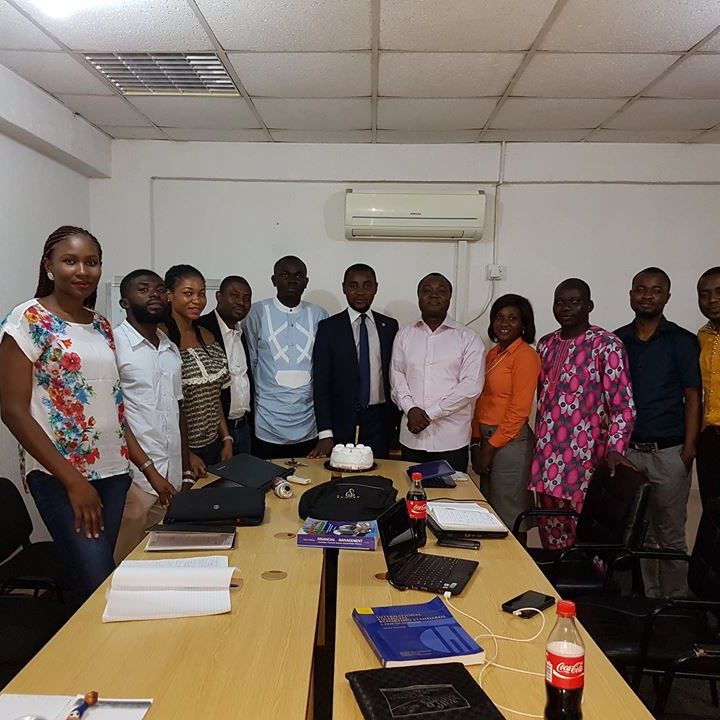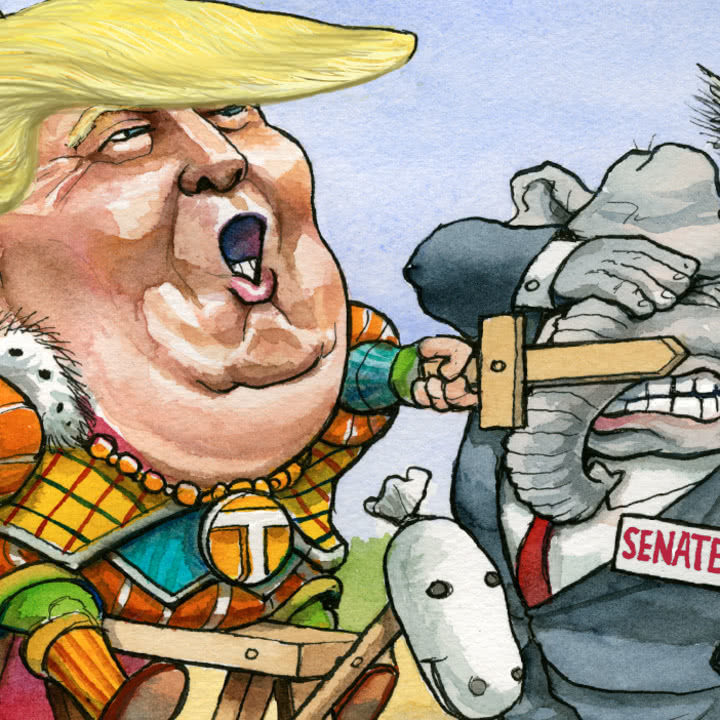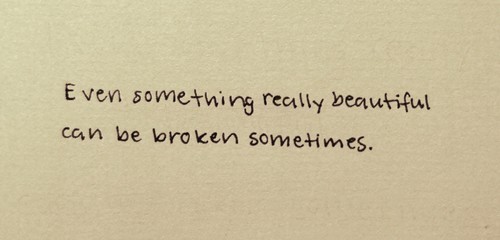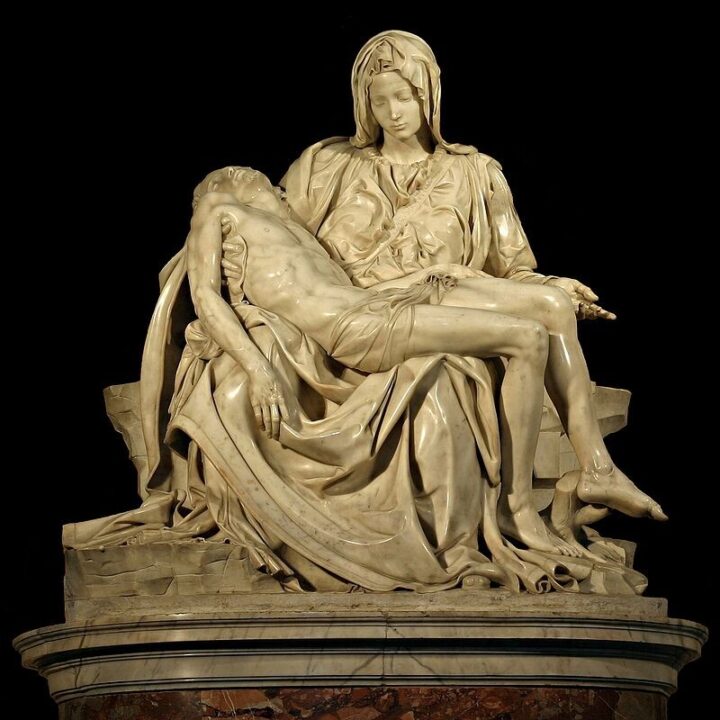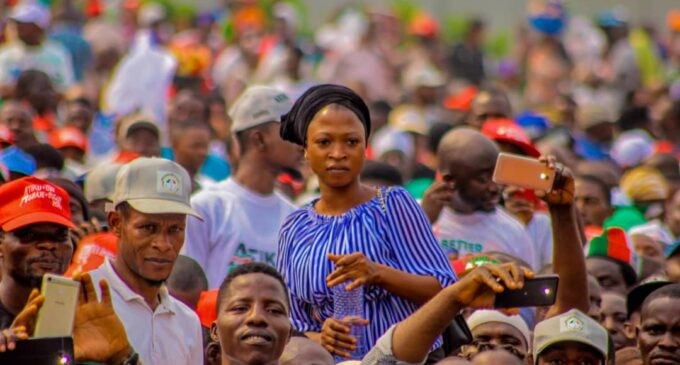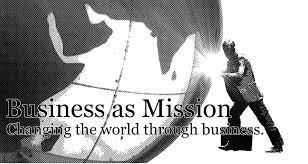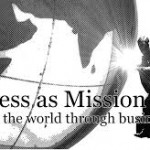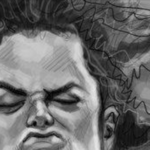Me: I am going to change the world
The World: Change thyself first!
It is true that charity begins at home; it is also true that leadership and true salvation are inside-out; hence, when we meet potential change-agents, particularly the ones we know, it is a lot difficult to believe they can make significant differences. Particularly if we met them before they became “significant”; afterwards, everyone else can believe.
When David showed up to kill Goliath, everyone took him serious except his brother; to whom he answered, “is there not a cause?”. Of course, David, there is a cause; the only issue is why it had to be you that is concerned about it!
Why You?
The reason why this question is often difficult to answer can be attributed to knowledge – our knowledge of ourselves – our perception. David had an individual sense of significance and everyone who has achieved anything significant does. Your internal sense of mediocrity is not a virtue, particularly if you cannot rise above it.
For David, he rose above it, not because he found anything extraordinary about himself, but that He could see God in his very ordinary life. Our sense of significance need not come from ourselves, in-fact, it shouldn’t come from ourselves. It should come from the acknowledgement of our relationship with God and from our basic humanity; I will discuss the latter first.
Public Good and the Individual Sense of Significance
There is a correlation between the influence of individual liberty or the sense of it on the development of nations (public good). When men lived under tyrannical kings, the nobles owned everything of value and there were few incentives to be creative or aspiring; particularly for public good. Hence, when Goliath taunted Israel for 40 years, it was primarily King Saul’s problem – he had the most to lose. We see a similar structure in corporate firms and nations where CEOs and Presidents are the “kings”; the leader is deemed to be personally responsible for the socio-economic destinies of those under their jurisdictions. It is not common to see a “commoner” share these “kingly” burdens even though for the most part, the “king” is really no different from the commoner.
The result of this state of affair is that though everyone talks about the kings, few ponder on the things kings ponder on; it is as if we don’t know that this pondering, regardless of titles, is kingship itself. So, when for example, you take a look at the topics of our undergraduate and post-graduate thesis, particularly in Nigeria, you begin to see the incapacity of the current system to contribute significantly to the current problems of the society; we are not even asking the right questions, simply because of the lack of this sense of significance. You can do a better analysis by evaluating the quality and “kingliness” of the private meditations of the average young person.
Africa and The False Assumption of Significance
It is important to point out that it is often falsely assumed that those with positions are significant and should worry more about our development issues. Hence, it is not unusual that in Africa, it is assumed that the Colonial masters know better (the foreign-is-good syndrome), that the Professors know better, the PhDs, the Senators and the Executive Cabinet Members. Well, if they did, with all the AID money and support we’ve been receiving; the plethora of leadership and Academics at every level, our problems would have been solved.
It is even worse when these individuals believe they actually do know better. Good kings, however, know that the Davids, Josephs and Daniels of this world hold the answer and are not afraid to let them shine.
These false assumptions, to me, is one of the most limiting stereotypes of the African race, it breeds mediocrity, closes its eyes and is lost in perpetual prayer; waiting for a messiah. It is no surprise then that a lot of such “close-your-eye” religiosity is now focused on demons, witches and enemies; it is simply because the problems haven’t gone away – hence, someone need to be blamed.
In truth, Christianity is not a leap of faith into the dark but rather, into light. Arise from your slumber, allow Christ to give you light!
David believed God
David’s sense of significance came from His knowledge of God and His work in Him; all of us who claim such knowledge are called to find likewise courage in Him. Studying David’s life, we do not find a saint, rather, we find a man who sought and found God. By that knowledge (the truths he found) he literally changed the world, he changed himself too – he allowed truth to always conquer him and by that, he could conquer all, including his gravest errors.
Me: You can change the world.

